Keto Not Working?
The ketogenic diet (keto) has been very popular in the last decade and many individuals have tried this very low-carb diet when attempting to lose weight. However, what do you do if keto is just not working for you? I imagine you found this article because you attempted a keto diet but did not lose weight while doing so. Or maybe you have been doing keto for a while and, while it worked in the beginning, it is no longer causing weight loss. What do you do if this is you? Keep on reading and we will explain why this happens and how to fix it!
What is the ketogenic (keto) diet?
Let’s start with exactly what keto is. The keto diet is, in simple terms, a very low carb, high fat diet that brings one into a ketogenic state, meaning they are relying mostly on fats for energy as opposed to carbs for energy. This diet is also fairly low in protein. Most keto meals are built around very high fat foods, such as avocado, oils, full fat dairy, and meats that are higher in fat. It also encourages very low-carb fiber sources, such as vegetables. There are many different variations of keto, but a standard keto diet is comprised of 70% fats, 20% protein, and 10% carbs.
How does keto promote fat loss?
While promotors of the keto diet will say there is something “magical” about relying on fat vs. carbs for energy that will allow you to lose weight faster than by doing other diet plans, it is not quite that easy. ALL diets work because they put you into a caloric deficit . It’s that simple. If you embark on a keto diet but are NOT in a caloric deficit, you will not lose weight. Period. Regardless of whether your body is burning mostly fat or mostly carbs, you simply MUST be in a caloric deficit in order to lose weight. The reason keto will often cause weight loss when someone eats in this manner is because it is often putting them into a caloric deficit. It is much easier to over-eat when you are consuming higher carb, processed foods (think packaged snacks like chips, candy, cake, alcohol, etc.). When you no longer “allow” yourself to eat those things, you are simply less likely to over-eat. It is not the fact that you are now relying on mostly fats for fuel...it is simply because you are eating fewer calories than before.
What is “metabolic flexibility” and what does that have to do with keto?
This term has become popular in recent years. It simply refers to the body’s ability to use BOTH carbohydrates and fats for energy. While a typical diet is higher in carbs, keto is higher in fats. However, being able to use both fats and carbs at various times in the day or while working out is a good thing. If your body is able to use both forms of fuel, you are considered “metabolically flexible”. However, when doing a keto diet, you are “training” your body to use only fats for energy.
Why did keto stop working for me?
Keto can “stop working” for many reasons. First, it is really difficult to stick with. The extremely low carb and protein requirements make keto very challenging for someone to comply with long-term. Eating even just one meal outside of the strict guidelines can bring you out of ketosis.
If you ARE able to stick with the keto diet and it never caused any weight loss, you likely were not in a caloric deficit. If you were eating 2000 calories before keto and were still eating 2000 calories while doing keto, you likely didn’t lose a single pound. Likewise, if you were eating 1200 calories before keto (which is too low and will cause your metabolism to slow down) and started eating 1600 calories on keto, you may have even GAINED weight by doing keto.
Finally, your body adapts to the calorie level you are eating over time. The longer you spend in a caloric deficit, the better the body becomes at surviving on low calories (aka, metabolic adaptation). So even if keto was working for you at first (as a result of being in a caloric deficit) your body will start to adapt over the course of several months. What was once a caloric deficit for you may no longer be one. Let’s give an example. Let’s say you were eating about 2000 calories per day before starting keto. When you started eating a ketogenic diet, let’s say you were eating something more like 1500 calories. If you changed nothing else about your lifestyle during this time, you likely would have been losing about a pound a week. However, eventually your body will adapt to those 1500 calories by burning fewer calories all day long....at rest, while moving, etc. Therefore, even though you are still sticking with your keto diet and eating 1500 calories per day, you may no longer be losing weight. This is called metabolic adaptation. Unfortunately, dieting is one of the WORST things we can do for our metabolism.
Why did I gain so much weight after stopping keto?
Okay, so maybe you lost weight on keto. Great! However, as soon as you stopped, you gained all the weight back...and then some. This is due to the same reason I described above. If you stopped keto and went right back to eating at the same level you were before you began keto, your body probably stored much of that extra food as fat. Why is that? Because your time spent eating lower calories caused your body to adapt to those lower calories. Therefore, if you increased your food quickly, your metabolism was still used to that lower level. If you plan to stop keto, the best way to do so is to gradually add more carbs back into your diet. If you were eating, for example, 30g of carbs per day on keto, you could go up to 60g the first week, 80g the next week, 100g the next, and then continue to gradually increase until you are at a level you are happy with. This should prevent much of the “keto rebound” that you might experience if you simply went right back to eating higher carb again.
How can I keep losing fat?
This is the answer you are really hoping to find, right? How can I keep on losing weight? The answer is not a quick fix. It requires that you do the same thing you would need to do if you hit a plateau in any diet....get your metabolism back up to a healthy level. This is done by reverse dieting. You will want to gradually increase your calories and get yourself back to a healthy maintenance. How do you know what a healthy maintenance is for you? It depends on so many factors...your height, weight, activity level, muscle mass, past dieting history, etc. This is where a coach can be very helpful. Reverse dieting is often MORE difficult, at least mentally, than dieting and a good coach can help you with this. We find that MOST healthy women can maintain a weight they are happy with by eating somewhere between 1800-2300 calories. This might seem like a lot of food if you had been previously under-eating or constantly yo-yo dieting, but anyone can get themselves to this level of maintenance.
Once you find your maintenance level, you will need to stay there for at least three months to give your body the “signals” it needs to know you are no longer going to be restricting food. This should result in your metabolism speeding up and beginning to burn more calories all day long...even at rest. At this time, you can start another “dieting cycle” and should once again experience weight loss. Just know that the magic is NOT in the keto diet...it is in getting yourself to a caloric deficit. That can be achieved in a number of ways and keto is just one of them.
At Couture Fitness & Lifestyle Coaching, our coaches are equipped to help you boost your metabolism and start seeing the results you are looking for. We take the time to understand your numbers and curate a personalized plan that is tailored to your needs and goals. If you have any questions about our programs, please contact us at https://www.couturefitnesscoaching.com/contact.
Nutrition Coaching
Let us help you boost your metabolism! Book a free strategy call —or email We’ll set up a 15 minute call to discuss your goals and dieting history and help develop a customized plan that allows you to eat more (really!). We’ll also talk about how you can exercise to build calorie-burning muscle. The Couture Coaching Team wants to help you create a body you love—for life!
Want more metabolism-boosting ideas?
*Join our private Facebook Group (Boost Your Metabolism After Age 30)
*Listen to our podcast
*Follow us on Instagram
*Get our free video on how you can increase your metabolism
Click the links below to learn more about our programs:
*self-paced Master Your Metabolism Online Course.



